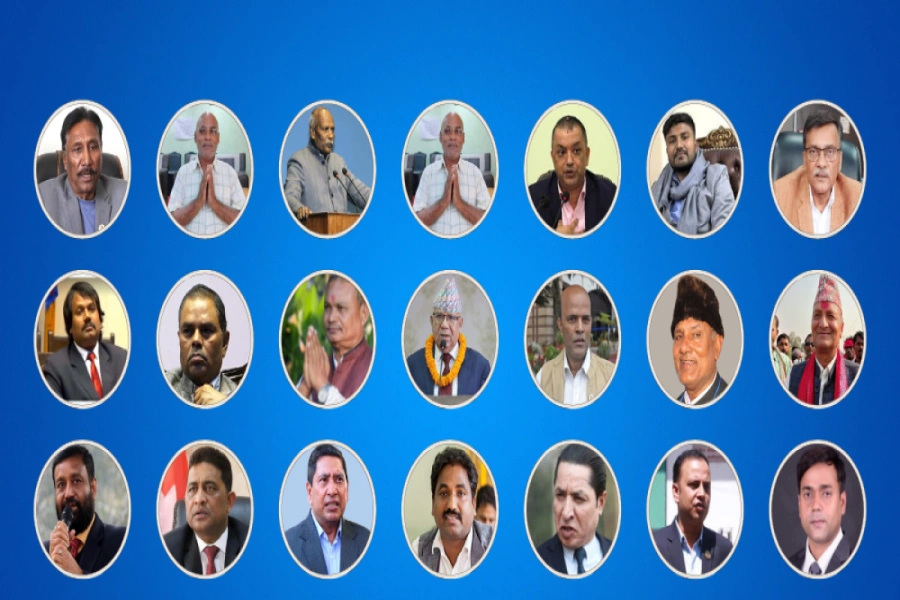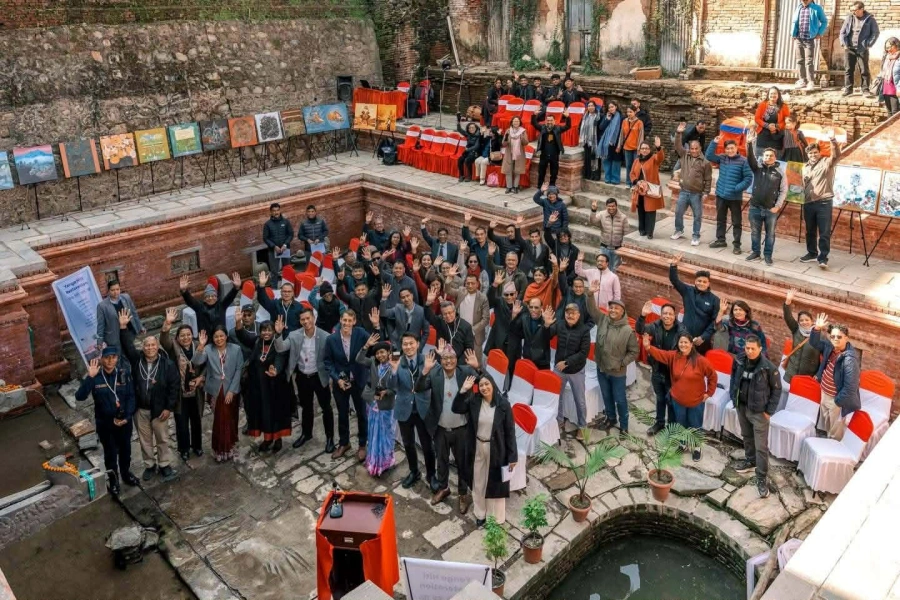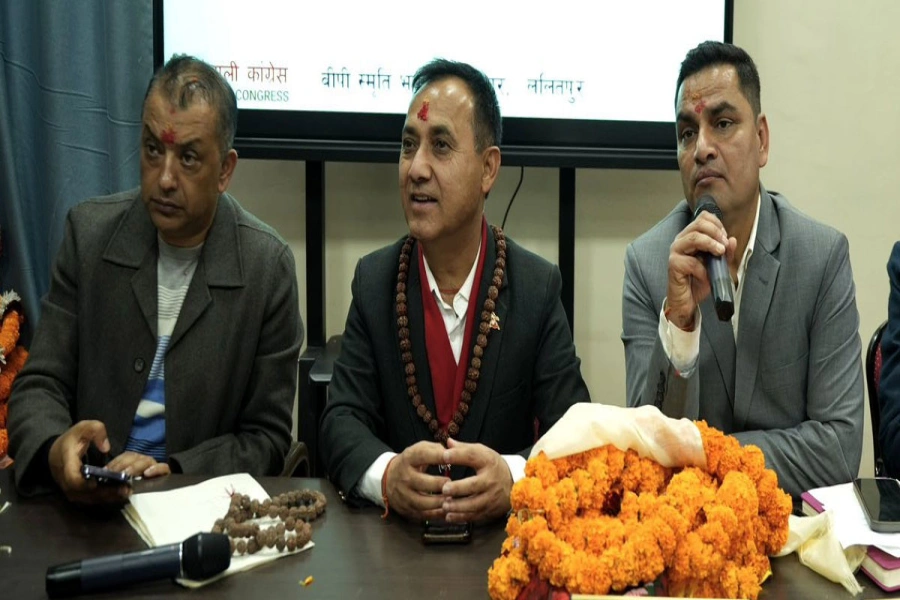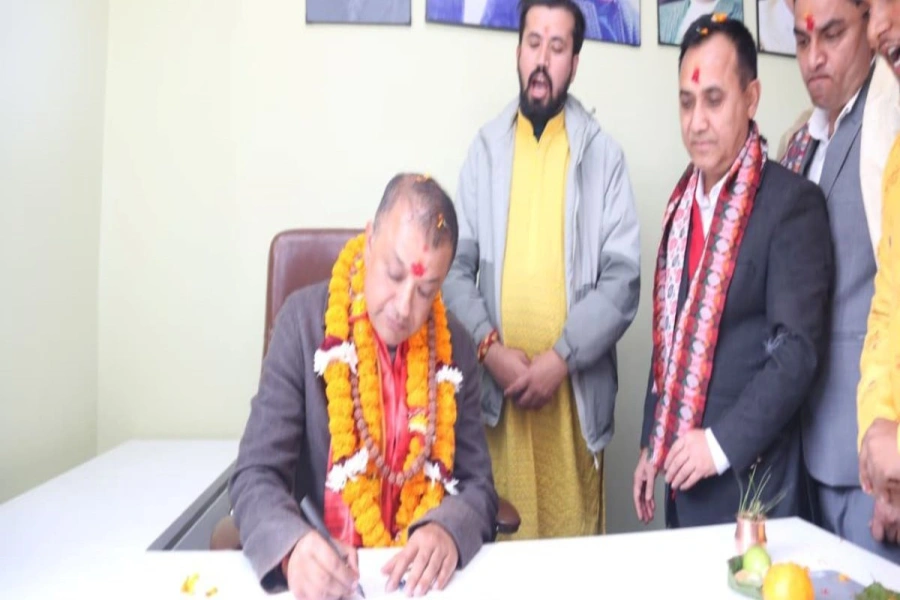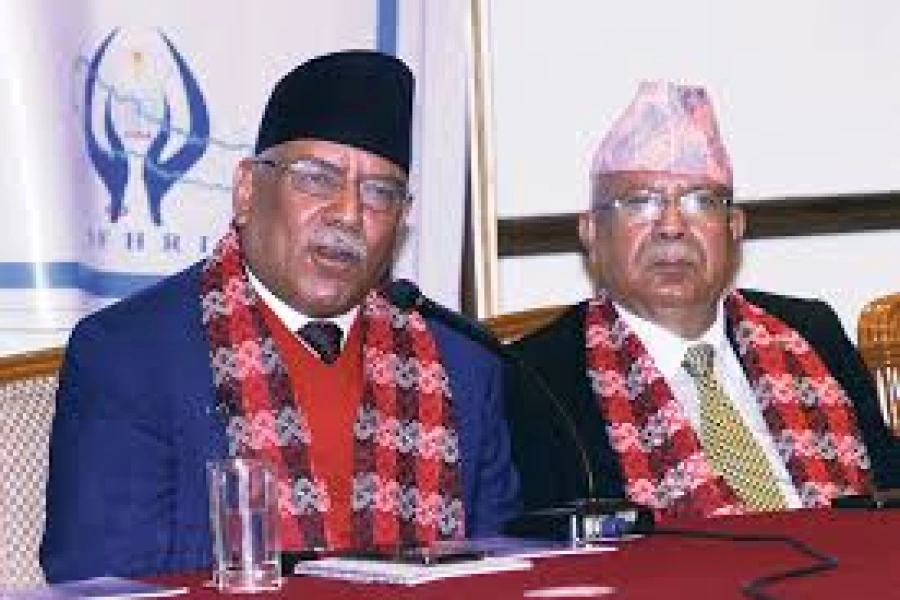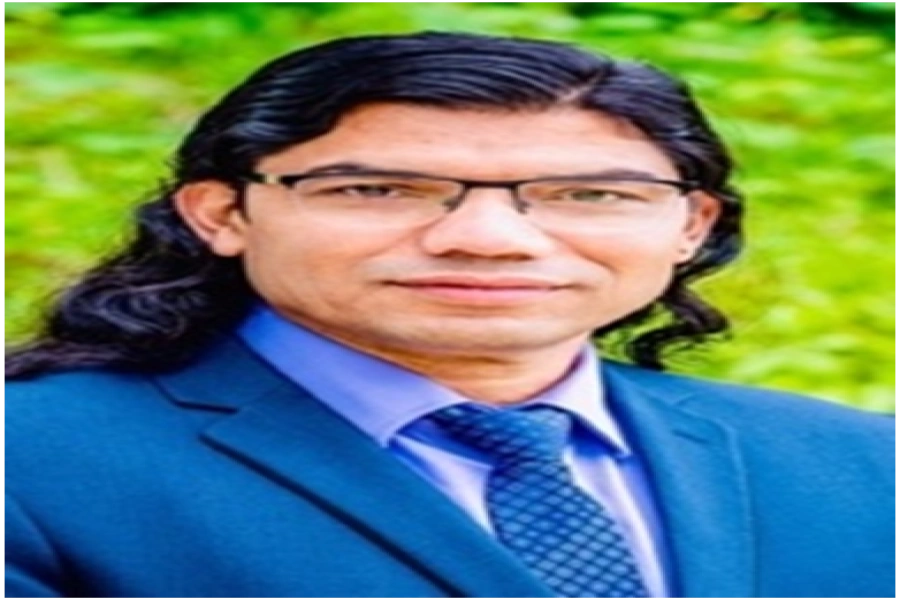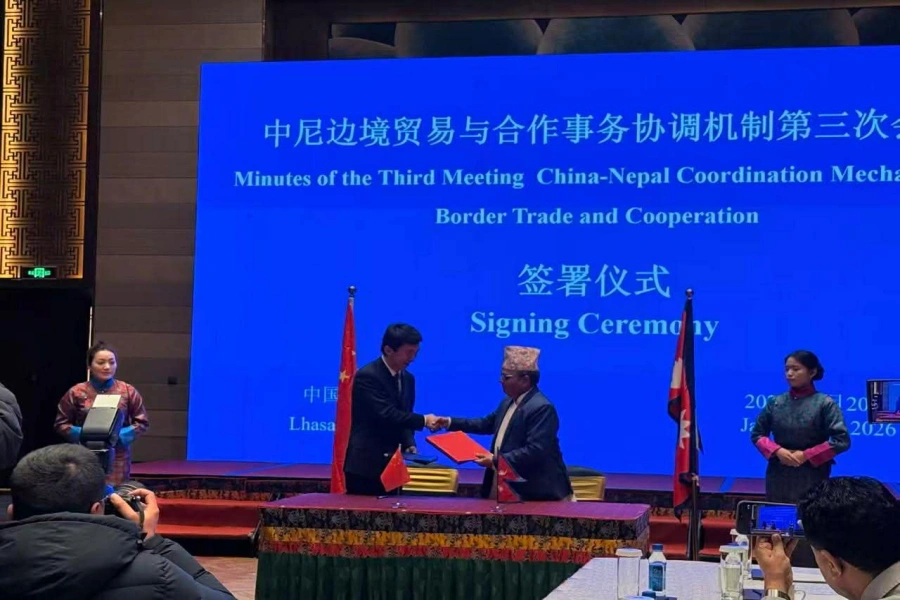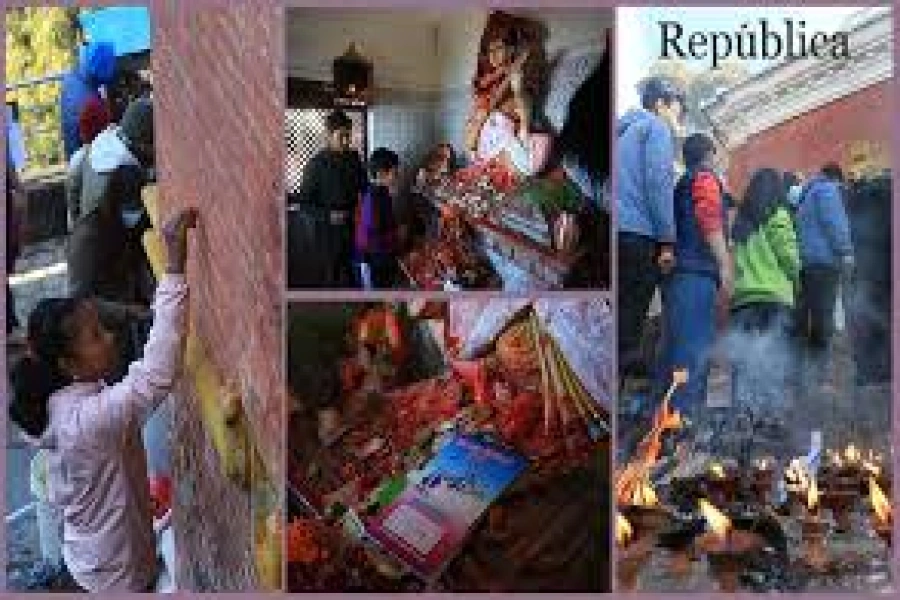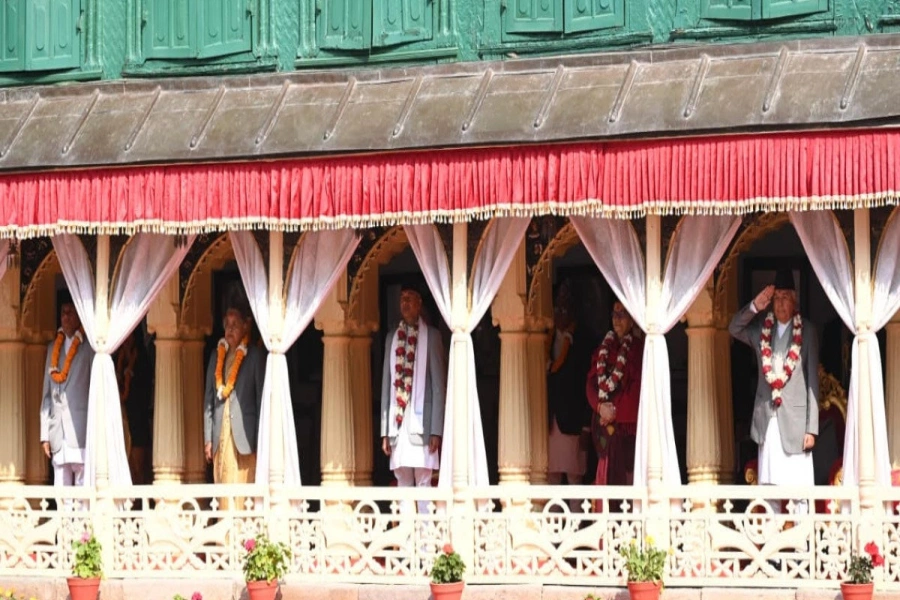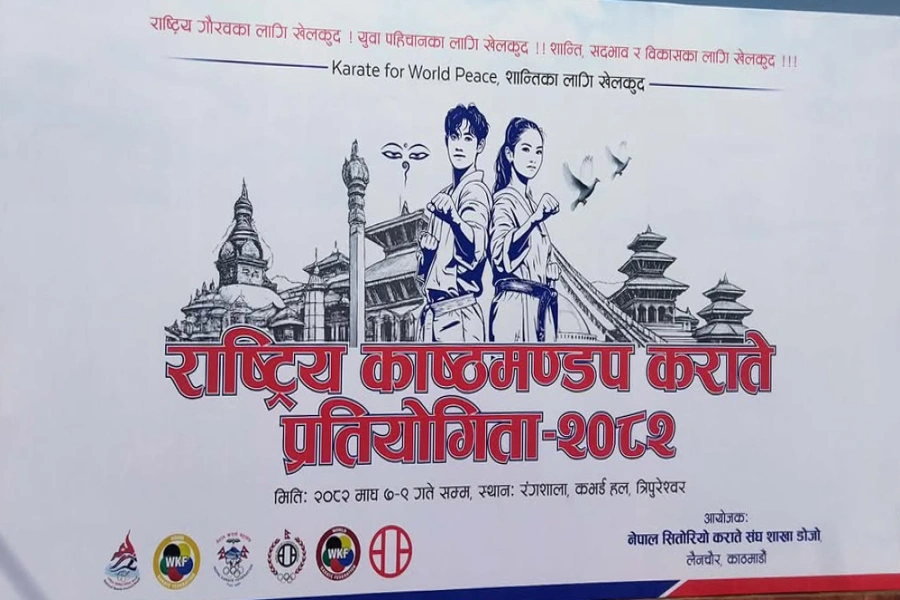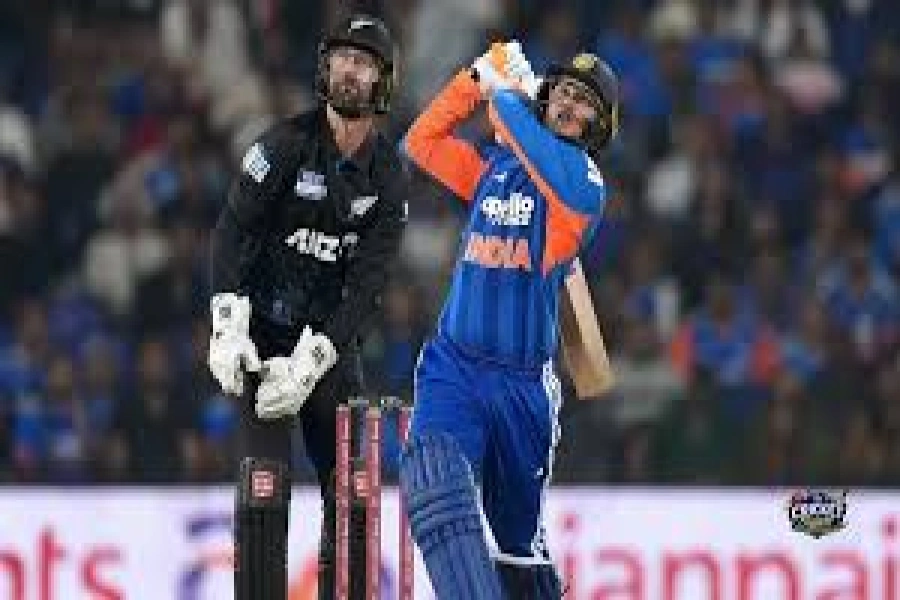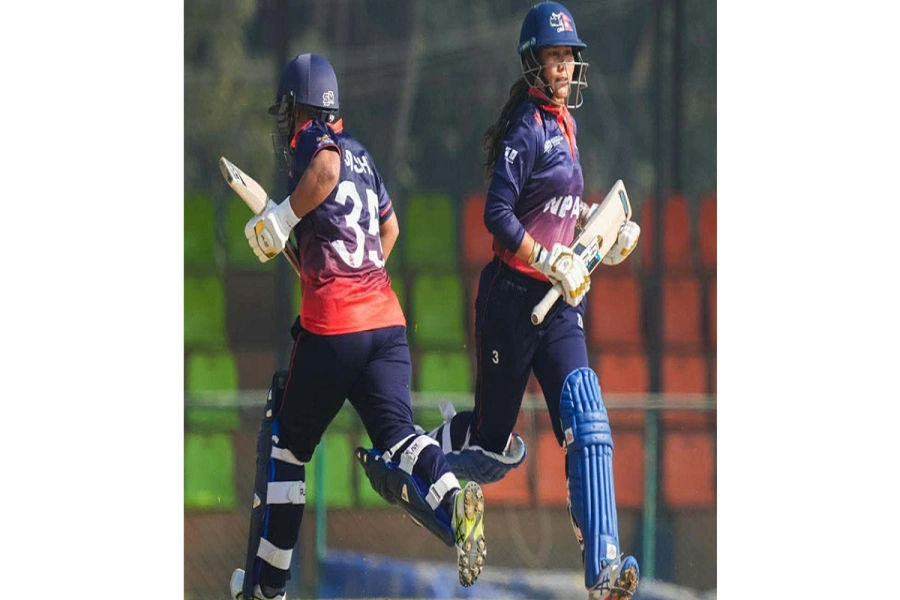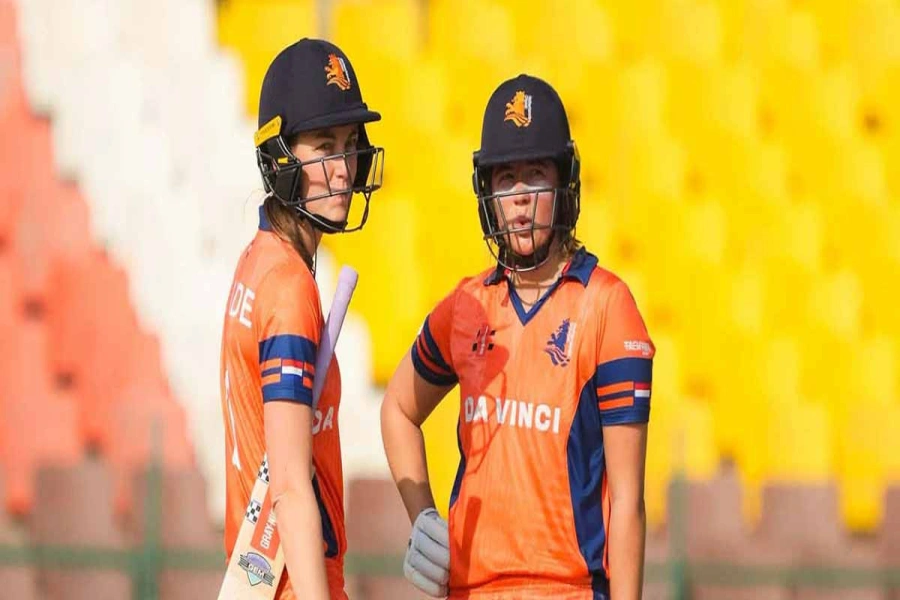KATHMANDU, Nov 6: On the evening of Kartik 14, the final match of the SAFF Women's Championship was being held at Dashrath Stadium. Prime Minister KP Sharma Oli was also present on the field to encourage the Nepali players. At the same time, a video surfaced on social media showing a young man calling it a ‘good opportunity to assassinate Prime Minister Oli.’ The young man who posted the video is 20-year-old vlogger Ratan Karki. Police have revealed that his home is in Chitwan. Currently, he is in Tokyo, Japan, on a student visa, where he regularly posts provocative content through videos.
In the video from that day, he said, "You’re all watching the game, but I’m watching something else! Today, we can kill him if we want." He then made an inflammatory statement suggesting an intent to harm Prime Minister Oli. Ratan said in the video, "There are so many people outside; if everyone joins together, forms a group, and quickly takes him down, it’ll be done, friends." He added, "Let’s have the courage today; today we’ll do it. There’s not much time left anyway. The old man will be gone soon. He doesn’t have much time to live, either. You get it, right? Let’s do it today."
Many people have watched his video containing violent statements. Since that day, Nepal Police had taken 'notice' of his video and initiated an investigation. In this process, the Cyber Bureau of Nepal Police began monitoring those who were making anarchic and inflammatory statements on social media. During this, Ratan Karki also came under notice, according to Bureau sources. "Several such individuals are under observation, and investigations are ongoing."
Home ministry urges help in investigating video clips related t...

Ratan is one of those individuals. "There should be no leniency for someone making violent statements about killing a person," an officer from the Bureau said. "That’s why we are preparing to file a case against him, issue an arrest warrant, and bring him back to Nepal through the Interpol." That same day, there were also slogans chanted against the Prime Minister at the stadium, of which the police were already aware.
Accordingly, plainclothes police were deployed at various locations, according to police sources. The police say they have identified the individuals who chanted slogans that day by analyzing video footage. Police claim that supporters of the Rastriya Swatantra Party (RSP) were among those chanting slogans. The investigation suggests that RSP activists organized their slogans strategically, opposing the Prime Minister and supporting Kathmandu Metropolitan Mayor Balendra Shah, in a way to avoid direct accusations against themselves.
On this issue, both the Cyber Bureau and the District Police Office in Kathmandu are conducting separate investigations. "The identities of those involved in the slogans have mostly been established, but the investigation is still ongoing," said a police officer involved in the inquiry. "Since this was a group activity rather than the actions of just one or two individuals, a detailed study is being conducted, followed by discussions on how to bring them under legal action." According to him, the police are preparing to arrest those inciting disorder and provocation and bring them under legal action.
“There’s no question of letting this go. They must be brought within the bounds of the law, but the approach will be finalized after discussions with the headquarters,” the officer stated, adding that, due to the ongoing nature of the investigation, certain details cannot be disclosed at this time.
Nepal Police Spokesperson Deputy Inspector General (DIG) Dan Bahadur Karki, stated that a complaint has been filed against the expression of "Prime Minister must be killed." "The Cyber Bureau is conducting the investigation," he said. "The police will carry out all necessary actions in the investigation and will bring the case within legal jurisdiction." He also confirmed that an investigation is underway regarding those involved in chanting slogans at the stadium. "The investigation is focused on identifying the role and degree of offense of those involved. Based on the severity of the offense, the scope of the investigation is expanding, and the subordinate units are working accordingly," DIG Karki said.





